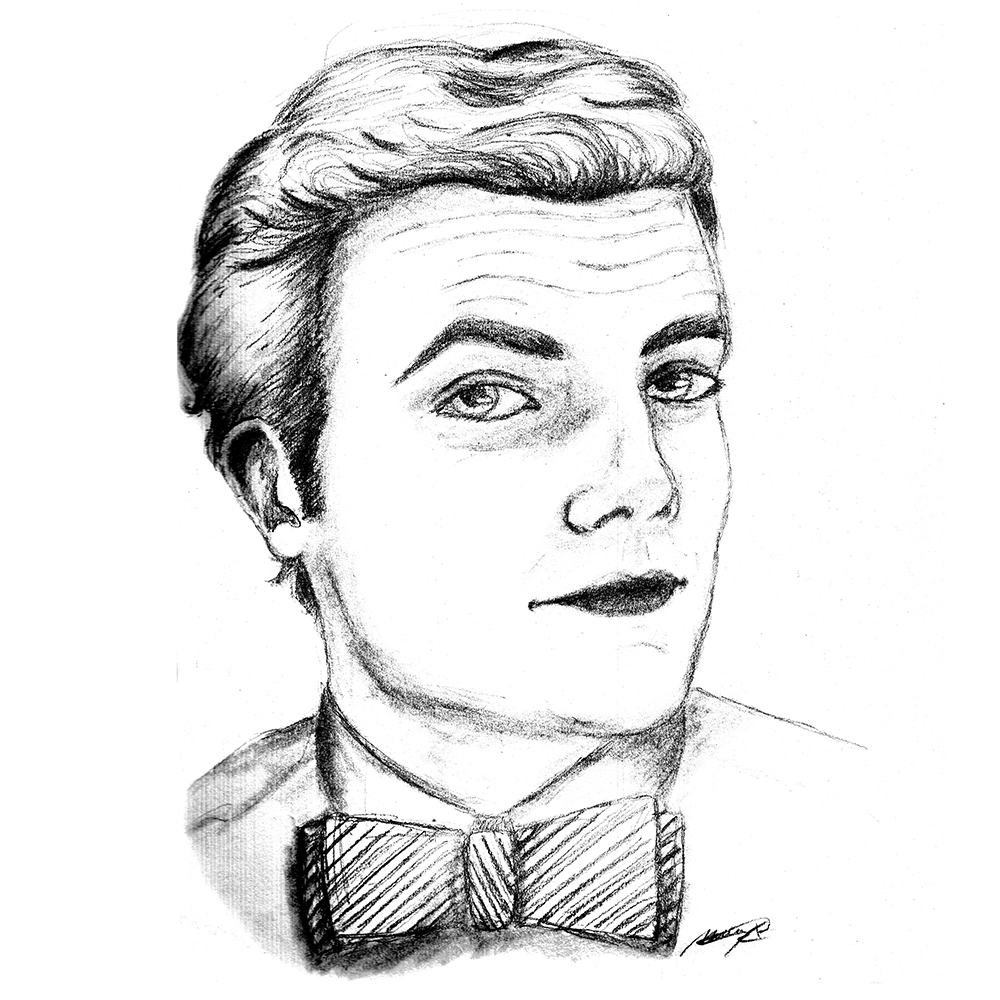 This year, I am giving up my faith for Lent.
This year, I am giving up my faith for Lent.
When I arrived home for spring break, I received the news that the longest, mutually beneficial relationship in my life had come to an end. Every few months since 1999, Joe the Barber has given me more or less the same hair cut in the same chair at the same shop. Once when I was in third grade, Joe had a heart attack. My hair got very long. When I got to the barber shop during break, I found out that Joe’s congestive heart failure had finally caught up to him.
Some combination of my sadness at Joe’s passing and my irritation with my increasingly out-of-control coiffure led me to seek out my friend Jonathan’s blog for encouragement. Jonathan had just written an article about how he was giving up his need to be “right” for Lent. The blog called for dedicating one’s Lenten season to a time of personal vulnerability and openness to realizing mistakes. As I scrolled through, I felt increasingly self-satisfied. As far as I was concerned, the need to be right was a problem entirely alien to my experience.
God has a curious way of thrusting us into contemplation when nudges don’t suffice. Not long after reading Jonathan’s article, a conversation with another friend, David, revealed the one area where I refused to accept vulnerability. David is an atheist with the irritating combination of a great mind and a spine. While most atheists will either allow my beliefs to hold some kind of validity, if only within the context of my own experience, David views Christianity, and even the idea of a historical Christ, as utterly ridiculous. Yet more importantly, David could keep up with virtually every pro-Christian argument I threw at him, no matter how obscure or tangentially related. For the first time in memory, I was forced to question and reexamine aspects of my faith.
There is something to be said for making ourselves vulnerable to improvement and growth. The same vulnerability that strengthens our character when we release the need to be right can enhance our spiritual lives when we open our beliefs to review. I do not need to instinctively defend my beliefs, but I am better able to hold and express them if I take note of the criticisms raised by others. Accepting that my belief system is likely imperfect allows me to be more intentional with the way I express my faith in action. At the end of Lent, I expect to have a more complete and thoughtful understanding of God, and by extension, of myself.
As I have reflected on my own decision to make my beliefs vulnerable, I have realized that many seem inordinately guarded on issues of faith. The church itself seems particularly complacent with its own “rightness.” Might Christianity benefit from a communal openness to reform and growth? I am convinced that a newly acute awareness of the weaknesses of our beliefs will only strengthen the communion of believers. We can reform minor flaws in the church and kill off some of the vestigial shadows of the past. The beliefs that we retain will have survived a crucible of thought, discussion and reflection and will be defensible to a world that sees an institution rather than a portal to grace.
Some might argue that such an acceptance of vulnerability represents an impertinent challenge to God or an open assault on tradition. I view it as a healthy opportunity to strengthen and revitalize.
Perhaps some of the beliefs that I now obstinately protect will be excised, but I would rather be correct than invulnerable. I only need well-reasoned arguments to hold my own against David, while the church must assemble beliefs that hold both against and with reason. I remain convinced that Christianity will survive such scrutiny, but I will spend the next month mindfully keeping my own need to be “right” on religion in check. A robust Christianity depends on our communal ability to do the same.
Tim Rosenberger is a sophomore in the College. THE CHURCH AND STATESMAN appears every other Tuesday.



















